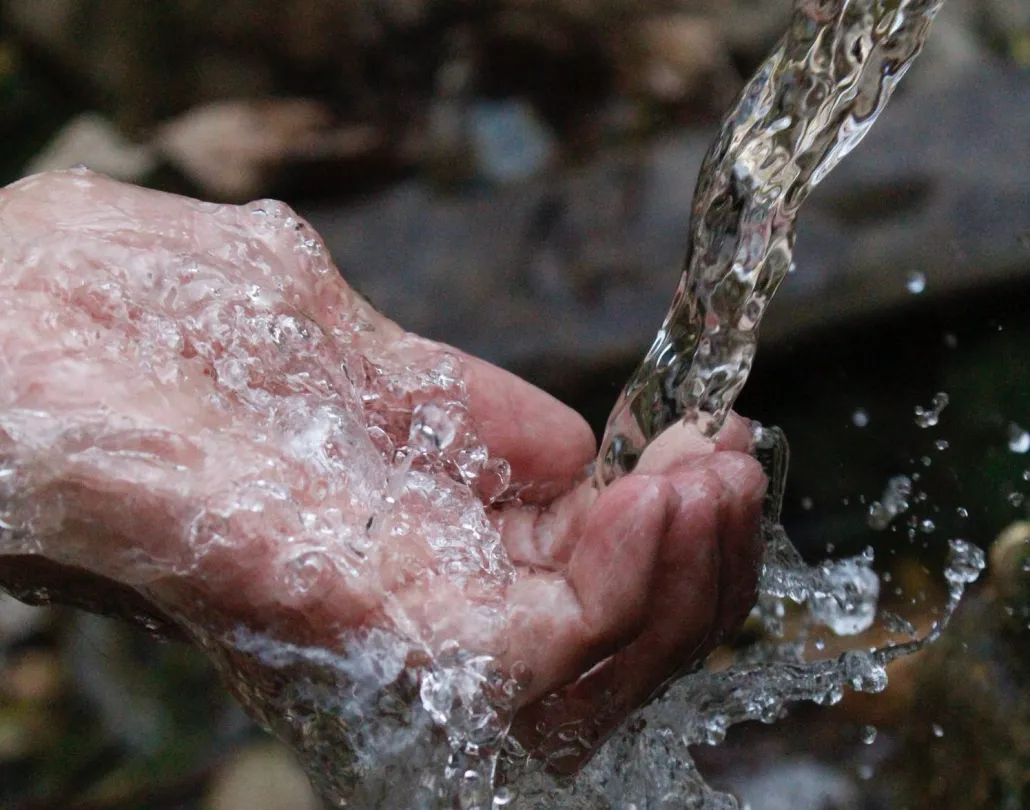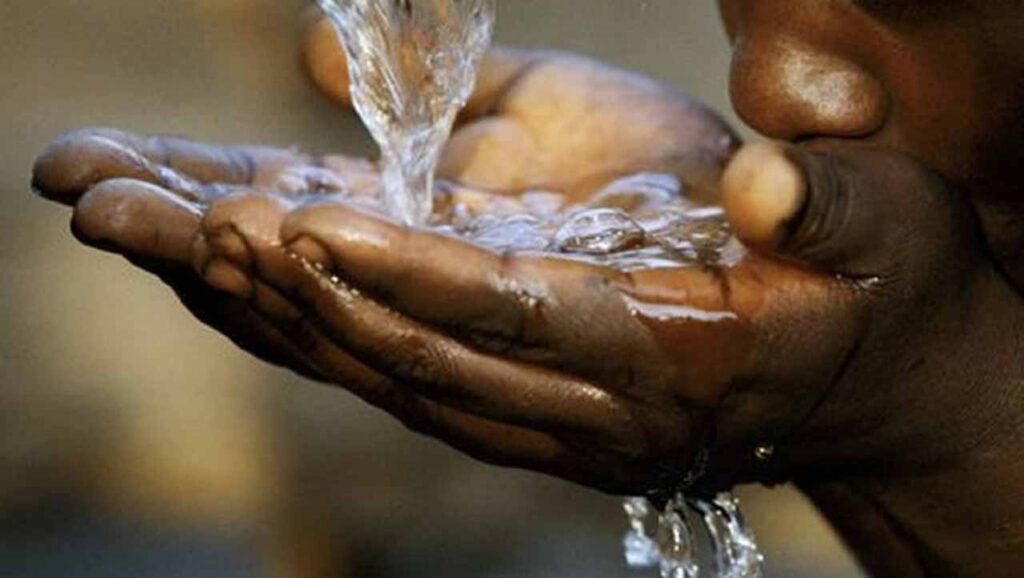

UN, Lagos make case for groundwater as bodies sink boreholes
Some 418 million Africans lack water besides 779 million others in need of basic sanitation services and another 208 million persons still practising open defecation and 839 million seeking essential hygiene services on the continent.
Consequently, a United Nations Children’s Education Fund (UNICEF)/World Health Organisation (WHO) report on Africa has warned that water scarcity, weak sanitation and hygiene services could threaten peace and development, urging prompt action.
Launched yesterday in Dakar, Senegal during a session of the World Water Forum hosted by the African Ministers’ Council on Water (AMCOW) with UNICEF to mark this year’s World Water Day, themed “Groundwater: Making the Invisible Visible,” the report noted that achieving the Sustainable Development Goals (SDGs) in Africa requires a 12-fold increase in current rates of progress on safely managed drinking water, a 20-fold increase for safely managed sanitation and a 42-fold increase for basic hygiene services.
It reads: “Between 2000 and 2020, Africa’s population increased from 800 million to 1.3 billion. About 500 million people gained access to basic drinking water and 290 million to basic sanitation services.”
According to the WHO/UNICEF Joint Monitoring Programme for Water Supply, Sanitation and Hygiene (JMP) document, “equitable access to drinking water, sanitation and hygiene is the foundation of health and development for children and communities.”
It stated that if current progress trends continue, very few African Union (AU) member-states might achieve universal access to safely managed drinking water, safely managed sanitation or basic hygiene services by 2030.
UNICEF Regional Director for West and Central Africa, Marie-Pierre Poirier, said a time when water scarcity fuels conflicts and water points are targeted, “there is need for urgent actions.”
HOWEVER, critical stakeholders have been advised to address issue of groundwater that accounts for 99 per cent of all running freshwater on planet Earth.
A UNESCO report stressed the need to manage it sustainably.
In addition to providing water to drink and for other domestic uses, around 25 per cent is essential for irrigating crops. Moreover, water use is projected to grow by roughly one per cent yearly over the next 30 years, and dependency on groundwater is to rise along with the impact of global warming.
Tapping more sustainably into groundwater is essential to meet the fundamental needs of an ever-increasing global population and to address the global climate and energy crises, the report submitted.
Water Groundwater was focus of World Water Day, marked yesterday and in cooperation with UN-Water, UNESCO is organising a global groundwater summit in December.
BESIDES, the Lagos State Government, yesterday, charged residents on protection and sustainable exploration of underground water for survival and adaptation in a changing world, as well as meeting the needs of a rapidly growing population.
Permanent Secretary, Office of Drainage Services and Water Resources in the Ministry of the Environment, Lekan Shodeinde, made the call during an event to mark the 2022 World Water Day organised in collaboration with WaterAid and Kimberly Clark project in Agege, Lagos.
He stressed that the theme was apt, as “it aims to highlight our collective behaviour of forgetting the importance of groundwater like many other elements of our planet that are not in plain sight, but essential to our sustenance.”
Shodeinde noted that the event, just like in previous years, “focuses attention on importance of water and creates awareness about the hidden water resource that has always been critically important but not fully recognised in sustainable development policy thrust.”
MEANWHILE, the Federation of Muslim Women’s Association of Nigeria (FOMWAN) and Sisters of Jannah (SOJ) have sunk boreholes and wells nationwide to ensure access to clean water.
At a press briefing to mark the event, Chairperson, FOMWAN National Committee on Community Development and Humanitarian Services, Alhaja Khairat Oluwatoyin Sodiq, recalled that the Water Day celebration has been in existence since 1983, adding that the association joined the celebration in 2021.
She said: “One of the core humanitarian services of FOMWAN is developing communities. We provide communities with their essential needs and one of them is provision of water. This project is one of our community development and humanitarian services of FOMWAN and it involves the national, state and local government (chapters) of the association.
